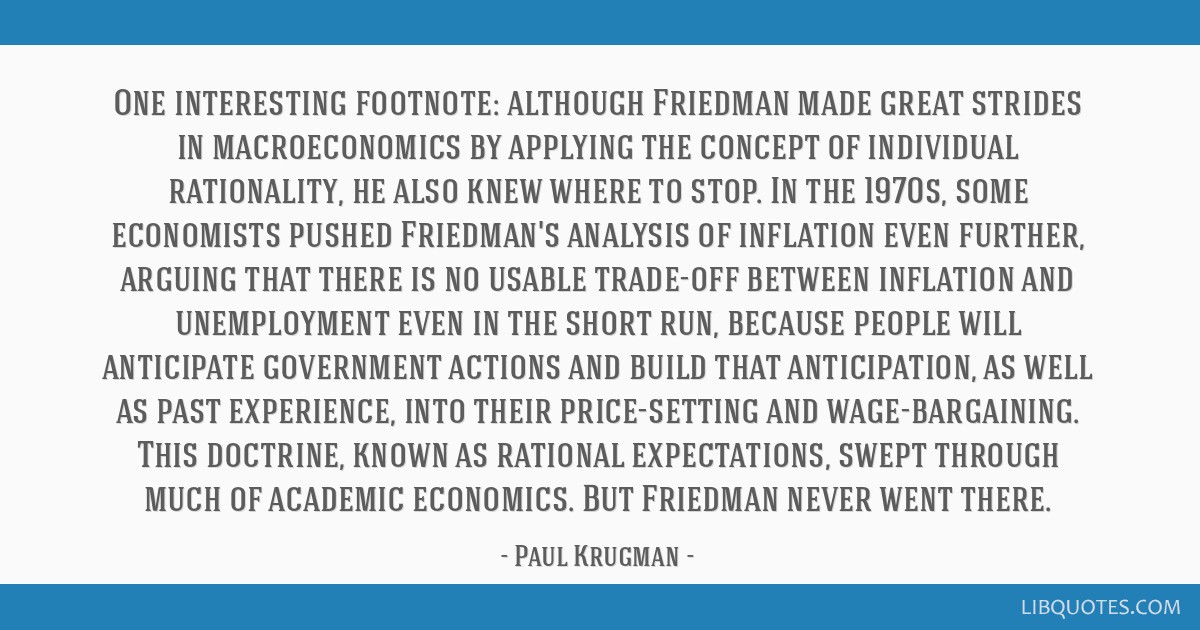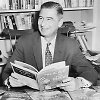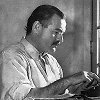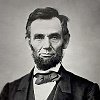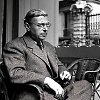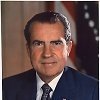One interesting footnote: although Friedman made great strides in macroeconomics by applying the concept of individual rationality, he also knew where to stop. In the 1970s, some economists pushed Friedman's analysis of inflation even further, arguing that there is no usable trade-off between inflation and unemployment even in the short run, because people will anticipate government actions and build that anticipation, as well as past experience, into their price-setting and wage-bargaining. This doctrine, known as rational expectations, swept through much of academic economics. But Friedman never went there.
Who Was Milton Friedman? (2007)
